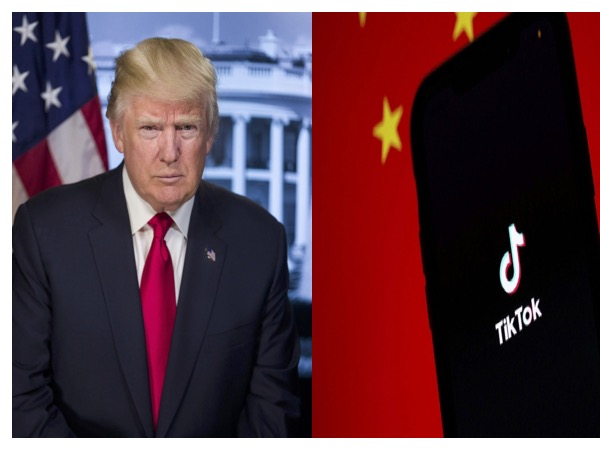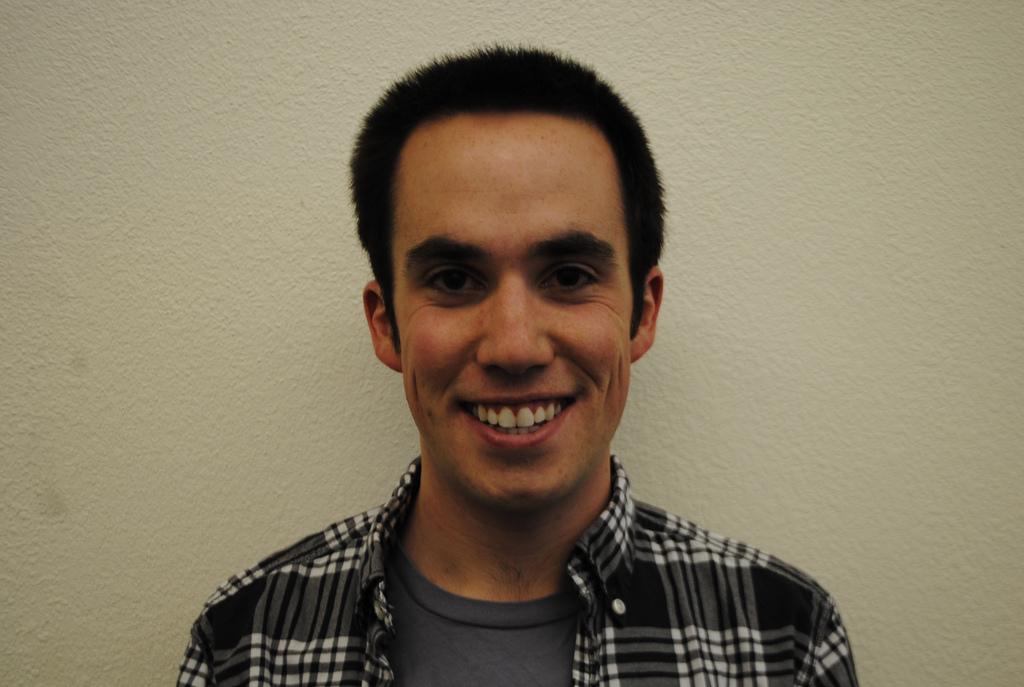Artistic expression on major record labels is on life support.
Gone are the days when artists were free to express whatever inspiration they felt.
But there’s an entirely separate entity that is free from the greed of an industry known as the music “business.”
It’s the independent record label.
Founded by Teen Idles members Ian Mackaye and Jeff Nelson, it originated first out of necessity as Dischord Records in the summer of 1980, Teen Idles having just broken up and Mackaye and Nelson wanting to release a record.
Their only problem: no major label would ever release a record by a hardcore punk band.
With $600 saved from playing gigs and shoved into a cigar box, Mackaye and Nelson designed their album cover and sent off the tapes to a pressing plant.
By December of 1980, Teen Idles’ “Minor Disturbance” E.P. was released.
This event stood as a testament to Mackaye and Nelson’s strongest sentiment, to simply “Do it yourself.”
That DIY mantra bridged Mackaye to form Fugazi in 1987, along with Joe Lally and eventually ex-Rites of Spring members Brendan Canty and Guy Piccioto.
The group went on to release six studio albums, most recently “The Argument” in 2001.
Over their 15 year active span, they grew a substantial following touring the entire US, South America, Europe,
Australia and Japan playing venues with crowds of upwards of 1,500, and heavily influencing the independent music scene.
Eventually this success sparked the interest of major record labels, but Mackaye politely declined, sticking to the strong ethics the band is known for.
Ethics to try to land show covers no higher than $5 and to always have them open to all ages.
If a crowd member started to act too rough to others, they were quick to hand them an envelope containing the $5 they had spent to get in, a stash of these envelopes they kept in their tour van.
As of 2002, Fugazi have placed themselves on an “indefinite hiatus” in order to focus on their families and other musical endeavors, possibly one day reconvening.
As for Dischord Records, the same sentiment of DIY rings true today, 30 years later, as they still stand in their original locale of Washington D.C., and still “sign” bands with just a simple handshake.
It speaks volumes that Dischord Records can exist, let alone be successful.
At the same time, it’s hard to imagine a world without at least some people out there willing to adhere to strong ethics and to construct something in an entirely organic fashion.
Contact Brian DeAngelis at [email protected]









































































